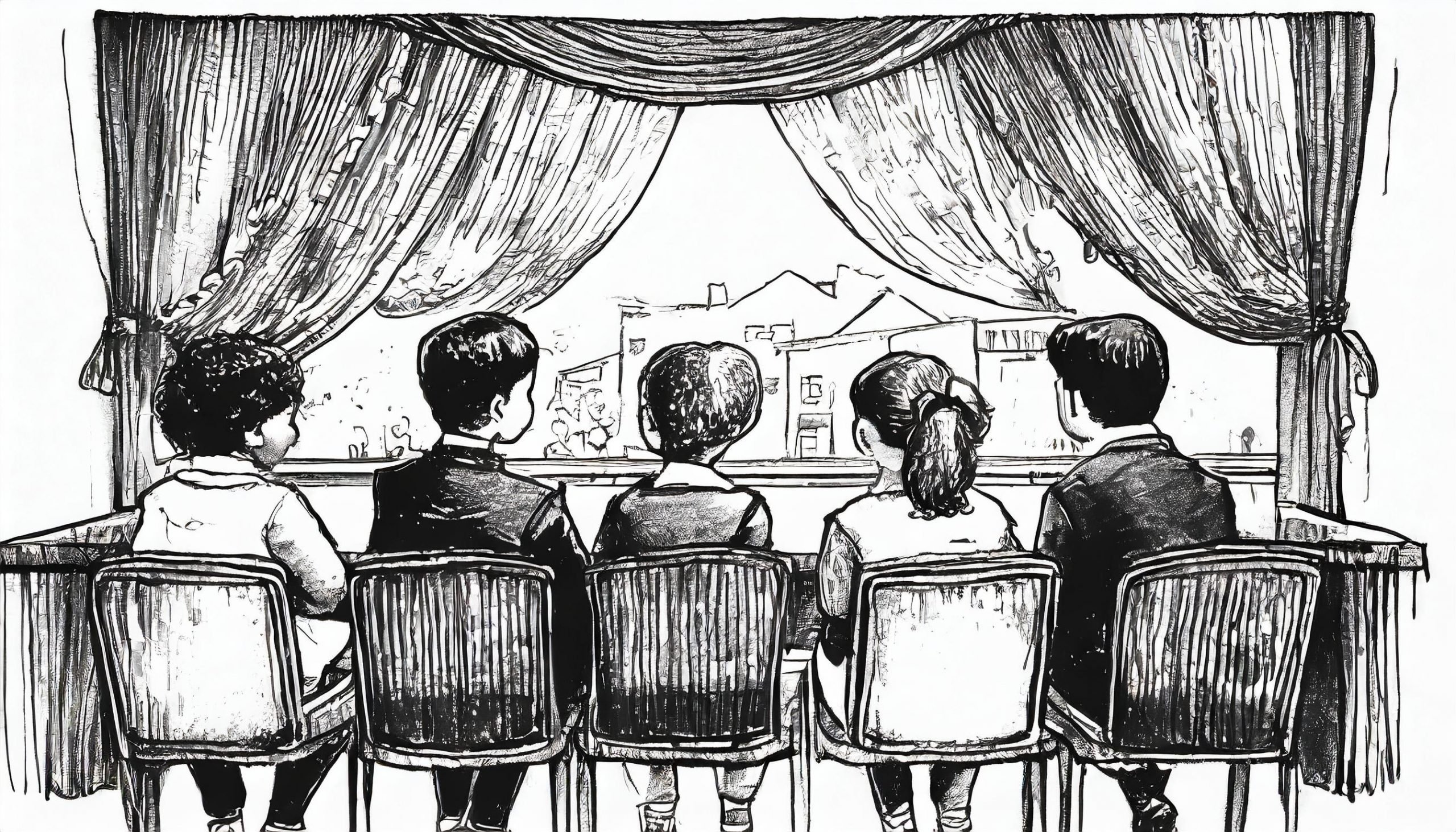There were three bars in the village. In one of them, the dance hall had been converted into a cinema. The first silent films were shown here, and a little later the first UFA sound films, of course everything was still black and white.
This post has been moved. Please follow us on Medium to read and/or listen (!) to it in full.
The Bright Side of the Doom, a Prequel to 1984, The 18-Year-Old Who Wrote a Note and Disappeared is now available worldwide in bookstores as a hardcover, paperback, and e-book‼️
